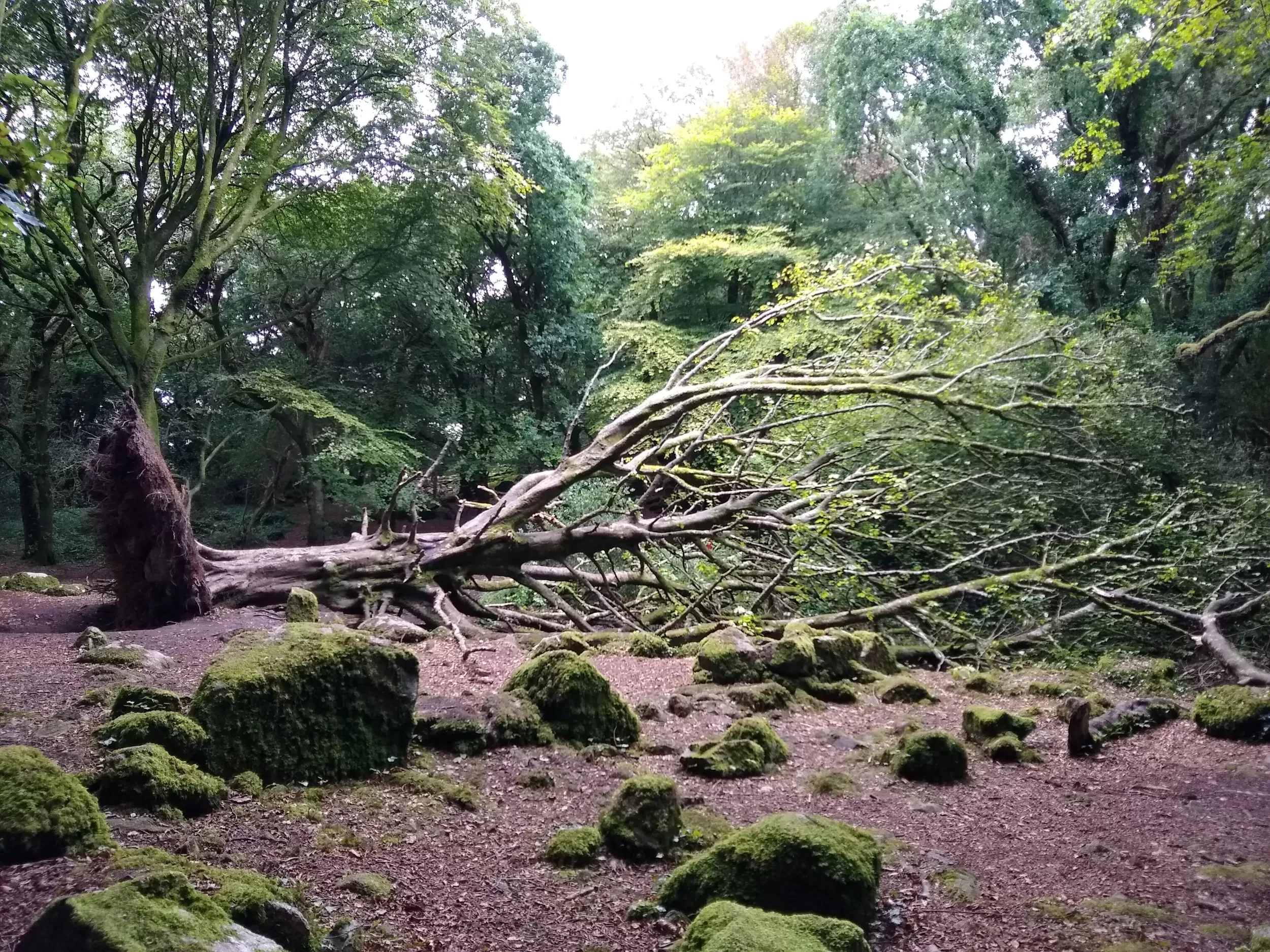Thomas Jefferson and his fellow Agrarian philosophers founded the new republic of America on the idea that the farmer was the ideal citizen. Of his reasons for claiming legitimacy for the occupation was the closeness to nature not experienced by most others who didn’t farm. Thinking back, it’s a reason I don’t think I’ve heard a farmer himself give.
Growing up, I’ve spent most of my time between the milking parlor and the haybine. Every once in a while the hay parts in a wiry streak and a rabbit darts out of the grass, plunging into every windrow until it makes it to the hedgerow at the end of the field. Soon after starting to cut hay the cab is surrounded by a cyclone of barn swallows that emerge out of nowhere to forage on the insects stirred from the timothy. Often there is a solitary hawk that waits in the branches of a tall tree. I lose track of him until he dives claws first into the stubble and flies away with a mole that fled from the haybine. If I’m mowing in the evening small brown moths scatter in front of the machine like confetti being thrown. These are details I feel privileged to see around me. But I don’t think I would tell anyone about them.
When I left Germany to spend the summer home a student asked if I’m looking forward to being back in nature. I heard the difference in the way the word was spoken—with a capital “N,” as if it was something revered and unusual to her experience. I reasoned that the language of farming might not have this word, not because we don’t appreciate it, but because it’s part of something we do. It’s already inherent to farming. “It will be good to work outside,” I corrected her.
Wendell Berry is arguably the last highly recognizable Agrarian philosopher. In his fiction, poetry and essays he picks up where the Jeffersonians left off, redresses the Southern Agrarian movement of the 1930s, and ultimately makes the argument that farming principles are the basis of a healthy culture. He postulates that as the United States transitioned from an agricultural-based society to one that was industrial and now knowledge transfer-based, we have, in due course, lost our relationship to the earth.
Berry, who started his life on a Kentucky farm and famously left academia to return to it late in life, has a tendency to speak about nature in a way that it sounds capitalized and not how I would have expected to hear it expressed around our breakfast table. Still, he believes that farmers are the quintessential archetype of mankind since they’re more integrated with the things around them—because they work outside, because they need a diversity of skills, and because they better understand the cause and effect of their actions on the environment. Whatever strange communion the birds in the field have with our haybine suggests that maybe there is some sort of integration that is unique.
The paradigm of human culture continues to shift in a variety of ways, as is only natural. Thirty years ago environmental issues were considered the battle cry of out-of-touch liberals from the city that were imagined eating granola and chaining themselves to trees. Now, however, these concerns are emerging at the forefront of even the American consciousness. Another change, I would argue, is the lack of political capital for small dairy farms. As expansion becomes further normalized and economically necessary, it becomes more difficult for family farms to get a voice, and many small producers have begun to feel like the sister that never gets asked to the dance.
There is no lack of good feeling towards family farms by the general public, yet over 90% of operations that go out of business every year have fewer than 100 cows. Somewhere there is a disconnect that prevents small farms from getting the help they need to stay viable. But maybe the Agrarians are on to something. Perhaps small agriculture’s last chance may be to emphasize the integration with nature that it is celebrated for. Focusing on the argument that family dairy farms tend to be more environmentally sustainable than agribusiness can gain an important ally in environmental interests groups, helping bring the narrative of the family dairy farm into national attention and piggybacking on a growing source of political and social capital. It can justify an argument against economies of scale.
Similar ideas already exist around the world. Ireland, for example, has implemented the Rural Environmental Protection Scheme (REPS) that offers a decoupled payment for environmentally friendly practices that is the same for every farm regardless of the amount of milk shipped. In the past, the European Commission decided to make 30% of all payments to farmers contingent on ecologically-sound practices. For the United States, emphasizing the “greenness” of small agriculture can be a way to link the general public’s will to save the family farm with a tangible reason to do so.
Regardless of how we talk about it, nature (with or without the capital “N”) is a privilege of our occupation. We enjoy a relationship with the environment that many envy. In the end, perhaps it may even be our saving grace.
This article is part of The Milk House Column series, published in print across three countries and two languages. It can also be found at themilkhouse.org.
This article appeared in a similar form in Progressive Dairyman.


